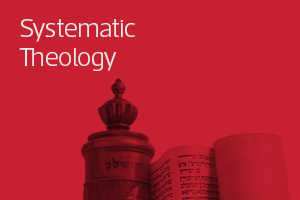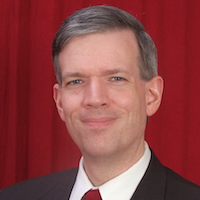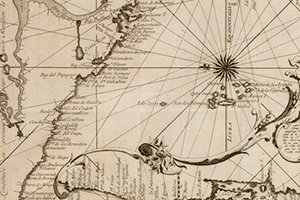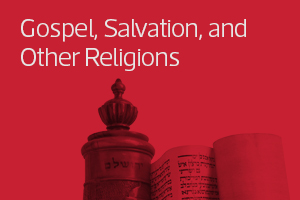
At a Glance
We need to connect these two because lives of Christ followers should manifest the Gospel, making it tangible and visible. In addition to personal holiness, we need to reach beyond ourselves and have an impact on the world around us.
Christians are called to live out God’s creation purposes and be signposts of the glorious future to come. That includes activities like religious works, charity, and volunteering, but these take up only a small fraction of our lives; discipleship must be a whole-life endeavor. If we want to follow God’s call and live into our true identity as his stewards, we have to integrate our faith with the spheres of life in which we invest most of our time: work and the economy.
More Details
Organized in a multiple lesson format, the course provides video lectures and quizzing modules.
Course Outline
- Lesson 1 - Why Economics?
- Lesson 2 - Stewardship and Flourishing
- Lesson 3 - Work and Value
- Lesson 4 - Productivity and Opportunity
- Lesson 5 - Responsible Action
- Lesson 6 - Interview with Jon Marks
- Lesson 7 - Interview with Gerry Smith
FAQ
What do I need to take this course?
You will need an Internet connection and a Bible.
Who is this course for?
This course is for those who know little or much about the Bible. It is designed for those who would like to better know what the Bible teaches.
Instructors

Dr. Greg Forster
Dr. Greg Forster is a program director at the Kern Family Foundation, where he directs the Oikonomia Network, a national learning community of evangelical seminaries that equips pastors with a theological understanding of faith, work, and economics. He is also the editor of Hang Together, a group blog on religion, politics and national identity; a senior fellow at the Friedman Foundation for Educational Choice; the author of five books and numerous articles in both academic and popular publications; and a regular contributor to online sources including The Gospel Coalition and First Thoughts. His writing covers theology, economics, political philosophy, and education policy. He received a doctorate with distinction in political philosophy from Yale University.




